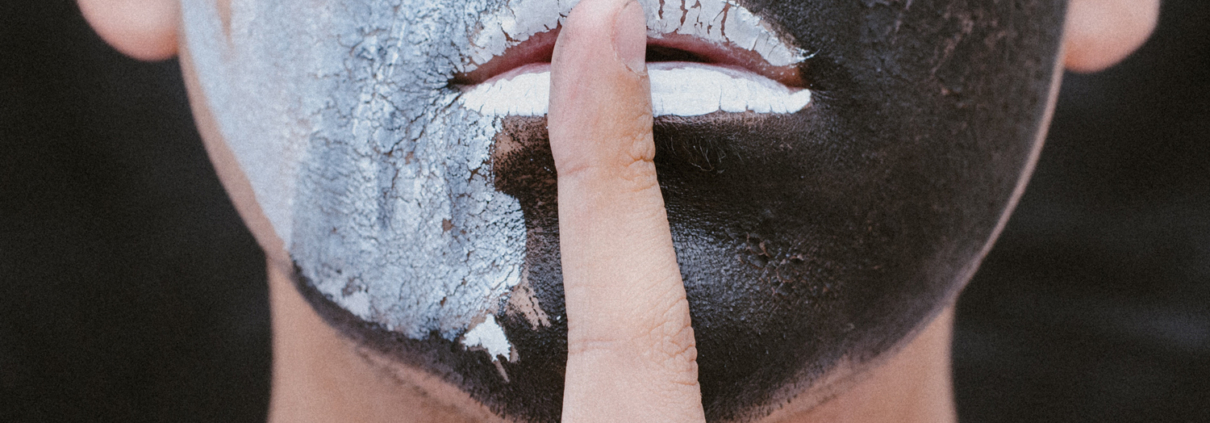I Radiohead Promuovono L’album Cancellando Tutti I Contenuti
I Radiohead lanciano un nuovo album cancellando tutti i loro contenuti dal web.
I Radiohead sono sempre stati un passo avanti in termini di promozione e di uso della comunicazione. Lo dimostrano di nuovo oggi, cancellando tutti i post e i tweet dai propri profili e pagine su Twitter, Facebook, Google+, trasformando temporaneamente il proprio sito in una pagina bianca.
Un indizio: il nuovo album si chiamerebbe Dawn chorus, ovvero il canto degli uccellini all’alba di un nuovo giorno. Suona bene una tabula rasa dei propri profili per significare lo stesso concetto?
I fan, neanche a dirlo, sono impazziti, anche perché il sito è andato in oscuramento progressivo, permettendo ai fan di tracciarne la sparizione.
Continua a leggere qui: Luca Conti, I Radiohead lanciano un nuovo album, cancellando tutti i loro contenuti dal web, 2 maggio 2016.
Per saperne di più sul Marketing Musicale dei Radiohead
Articoli
- Guido Mariani, I Radiohead e l’anima venduta al marketing, 6 maggio 2016.
- Max Willens, Radiohead Invented Digital Music Marketing In 2000 And Now Looks To Redefine It Again In 2016, 5 giugno 2016.
- Francesco Birsa Alessandri, Il Marketing Dei Radiohead si sta Ripiegando su se stesso, 6 maggio 2016.
Libri
Radiohead and the Resistant Concept Album: How to Disappear Completely
How the British rock band Radiohead subverts the idea of the concept album in order to articulate themes of alienation and anti-capitalism is the focus of Marianne Tatom Letts’s analysis of Kid A and Amnesiac. These experimental albums marked a departure from the band’s standard guitar-driven base layered with complex production effects. Considering the albums in the context of the band’s earlier releases, Letts explores the motivations behind this change. She places the two albums within the concept-album/progressive-rock tradition and shows how both resist that tradition. Unlike most critics of Radiohead, who focus on the band’s lyrics, videos, sociological importance, or audience reception, Letts focuses on the music itself. She investigates Radiohead’s ambivalence toward its own success, as manifested in the vanishing subject of Kid A on these two albums.
Marianne Tatom Letts, Radiohead and the Resistant Concept Album: How to Disappear Completely, 8 novembre 2010.
Managing Marketing Performance
Case study: The Internet offers new approaches to music marketing
Radiohead attracted widespread interest in their use of the Internet. They used new technology in two ways. Firstly, they cut out the middle man (i.e. record companies and music retailers) to sell direct to fans. Secondly, they used technology in a novel pricing approach termed a reverse auction; an approach already used to a degree of success by Priceline. This is where the costumer decides how much they want to pay.
Over 60 per cent of music fan interested in Radiohead decided to download for free. As a one-off approach this attracted an enormous amount of publicity and probably served as a relatively low-cost sales promotion activity, which generated a huge amount of media interest. Many fans nominated an amount that ranged between zero and the “regular” download price. In addiction, a large number of premium “boxed” edition content was bought at £40. It is likely that there will be a large “pay off” as concert tours will have large audiences and the band has been introduced a new generation. In addition, many will buy their other music priced more conventionally.
Could this become a standard approach to pricing in the music industry. Probably not. For a few, the revenue from increased concert ticket sales and sponsorship, in addiction to the increases awareness that this approach is likely to create, is likely to be appealing. However groups using this approach in the future are unlikely receive anywhere near the same amount of attention.
Helen Meek, Richard Meek, Roger Palmer, Lynn Parkinson, CIM Coursebook 08/09 Managing Marketing Performance, 6 agosto 2012.
- Il sito dei Radiohead: radiohead.com
- L’agenzia di marketing dei Radiohead | Sandbag: sandbagheadquarters.com

 Photo by Ricardo Mancía on Unsplash
Photo by Ricardo Mancía on Unsplash